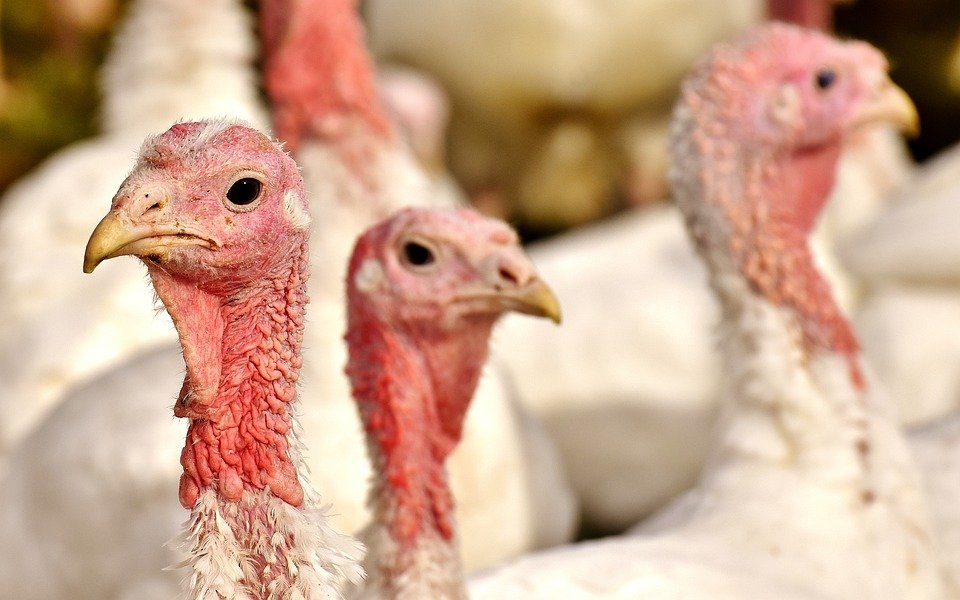Inside BENEO’s new pulse plant: pioneering sustainable protein from faba beans
Scientists from the American Associates-Ben-Gurion University of the Negev have found a new use of poultry litter. They believe that turkey and other poultry waste holds promise as a renewable fuel for heat and electricity.
“Poultry litter might be a notorious source of pollution, yet it has the potential to be an important resource,” says Prof. Amit Gross, chair of the Department of Environmental Hydrology and Microbiology at BGU’s Zuckerberg Institute for Water Research.
“The Earth is literally going to be up to its ears in waste, and we’re trying to find a way to use this waste for electricity, for heat and for cleaner air and water.”
The potential of poultry poop is large “because huge amounts of it are produced worldwide, and the production will continue to increase as the world population grows and consumes more animal protein,” he adds.
The scientists believe treated poultry waste could replace as much as 10 percent of coal used in generating electricity, which would reduce carbon pollution—the prime driver of global warming – and provide a reliable source of energy. They describe their work in a paper recently published in the journal Applied Energy.
“It would be similar to how ethanol is added to gas tanks,” Prof. Gross says. “Burning a hypothetical 10 percent less coal in the real world would have a significant effect on carbon emissions.”
Crops grown for fuel place an undue burden on land, water and fertilizer. Additionally, the researchers write that “environmentally safe disposal of poultry excrement has become a significant problem.” They propose killing two birds with one stone, so to speak, noting that “converting poultry waste to solid fuel…is an environmentally superior alternative that also reduces reliance on fossil fuels.”
The scientists compared two processes that turned poultry droppings into fuel to determine which was more effective. In the first, they heated the excrement to create biochar, a fuel that looks and burns like charcoal. In the second, they made hydrochar using a process known as hydrothermal carbonization that mimics natural coal formation. They found that hydrochar generated 24 percent more energy.
This technology could turn waste into a significant source of energy and nutrients, helping to reduce dependence on fossil fuels. “Whether this is going to save the world and its energy issue — surely not — but it can be an important step in the right direction,” says Prof. Gross.
More research is needed before treated poultry waste can be used as a fuel at coal power stations, “but our study provides the first indication that it could be possible,” Prof. Gross says.
“You might say that finding an optimum fuel from poultry and chicken droppings is a ‘means from the end,’” Gross says. “Anyone who has been to a farm knows that farms smell from you-know-what. If you can create an efficient system, there’s gold in them piles.”

